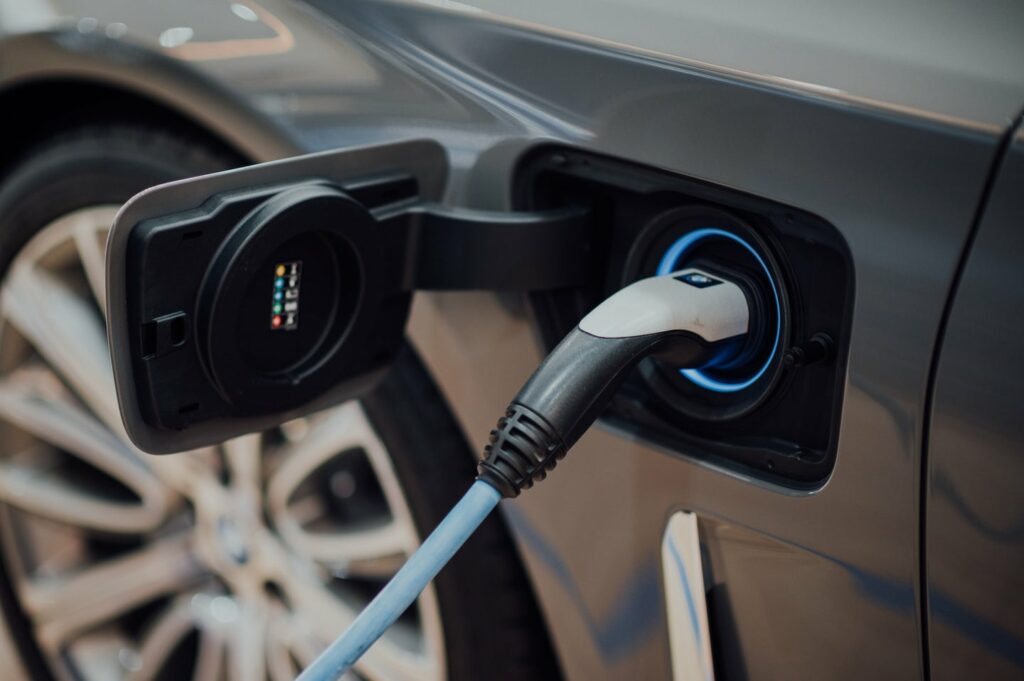Global sales of electric vehicles (EV’s) increased in 2020, and 3.2 million people bought electric cars.

This is 5% of total car sales globally. According to investment bank UBS, this percentage will increase gradually in the future;
- 20% by 2025
- 40% by 2030
- 100% by 2040
Many governments worldwide are setting a target to ban petrol and diesel vehicles from beating climate change. It seems the technological revolution is going to happen very shortly. But still, many things restrict people from buying electric cars right now. It may take a few more decades to adopt electric car technology fully. Let me put together ten shortcomings that make people reluctant to buy electric vehicles.
1. Electric cars are environmentally friendly but not pocket-friendly at all.
The gas vehicles have an average price of $32,903. Different brands still cannot make electric cars cost-effective, and sticker prices of EVs are sky high for tight-budget people. When we compare the prices of electric vehicles of different brands, they are as follows;
Tesla Model S $74,490 | Range: 412-520 miles
Tesla Model X $70,000 | Range 360 miles
Polestar 2 $59,900 | Range: 223 miles
BMW i3 $44,450 | Range: 153-200 miles
Tesla Model 3 $35,000 | Range: 263-353 miles
Nissan Leaf $31,670 | Range: 149-226 miles
Chevy Bolt $30,000 | Range: 259 miles
Sub-compact Nissan Leaf (no frill version) $29,000 | Range 150 – 226 miles
Mini Electric Hardtop $29,900 | Range: 110 miles
As you see, the prices of cars vary according to the driving range, but Lithium-ion operates all-electric vehicles. The (Li-ion) batteries get overheated, which makes them highly flammable. So the point is why you spend so much money on a risky car while you have the safer option in the form of gas and diesel cars at much lower prices.
